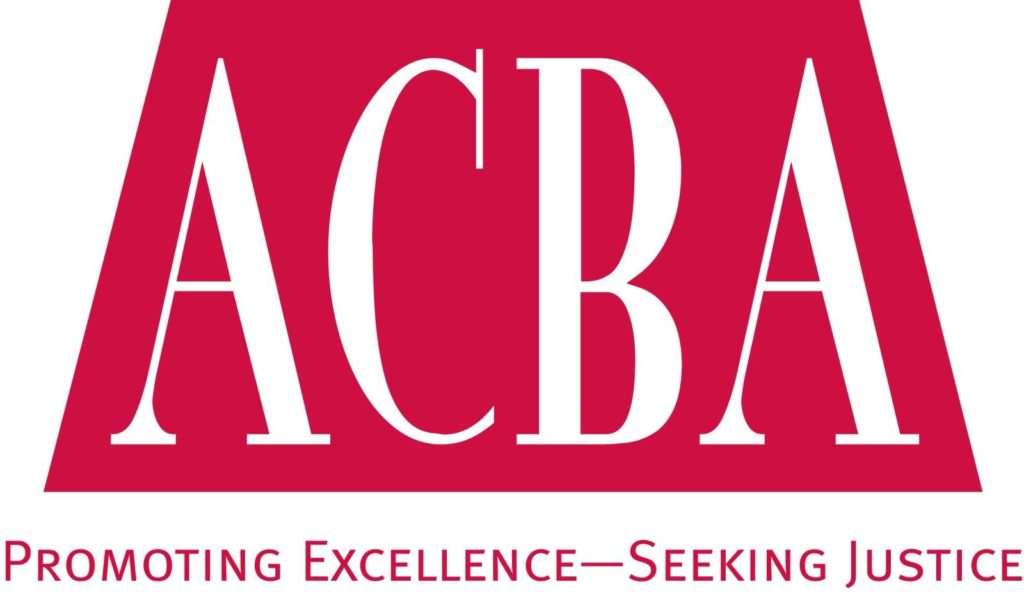 Navigating a legal career can be both rewarding and challenging. At various points, you may find yourself at a crossroads, uncertain about your next career move. Whether you’re contemplating a change in practice areas, considering a transition to a different firm, or exploring opportunities outside of traditional legal practice, it’s crucial to approach this decision with thoughtful introspection. Here are three key questions to ask yourself to help clarify your path forward.
Navigating a legal career can be both rewarding and challenging. At various points, you may find yourself at a crossroads, uncertain about your next career move. Whether you’re contemplating a change in practice areas, considering a transition to a different firm, or exploring opportunities outside of traditional legal practice, it’s crucial to approach this decision with thoughtful introspection. Here are three key questions to ask yourself to help clarify your path forward.1. What Are My Core Values and How Do They Align with My Current Career?
Understanding Your Values
- Start by identifying your core values. These are the principles that guide your decisions and define what is most important to you in your personal and professional life. Common values include integrity, work-life balance, professional growth, financial stability, and making a positive impact.
Assessing Alignment
- Reflect on how well your current career aligns with these values. Are you finding fulfillment in your daily work? Does your current role support your long-term goals and personal well-being? Misalignment between your values and your career can lead to dissatisfaction and burnout.
Moving Forward
- If you find a significant misalignment, it might be time to consider a change. For example, if work-life balance is a priority and your current role demands excessive hours, you might explore opportunities with a better balance. If making a positive impact is crucial, you might consider transitioning to a nonprofit or public interest law.
2. What Are My Strengths and Interests, and Are They Being Utilized?
Identifying Strengths and Interests
- Take an inventory of your skills and interests. What are you naturally good at? What activities energize you and make you feel accomplished? Consider both your legal skills (e.g., litigation, negotiation, research) and non-legal skills (e.g., leadership, communication, strategic thinking).
Evaluating Utilization
- Analyze how well your current role leverages these strengths and interests. Are you spending most of your time on tasks that you excel at and enjoy, or do you feel underutilized and unfulfilled?
Taking Action
- If your strengths and interests are not being fully utilized, consider roles that align better with your capabilities. For instance, if you enjoy strategic thinking and problem-solving, you might thrive in a corporate counsel position. If you have strong leadership skills, exploring opportunities in law firm management or starting your own practice could be fulfilling.
3. What Are My Long-Term Career Goals and Is My Current Path Leading Me There?
Defining Long-Term Goals
- Clearly articulate your long-term career goals. Where do you see yourself in five, ten, or fifteen years? These goals might include achieving a partnership, transitioning to an in-house counsel role, moving into academia, or even exploring non-legal careers.
Assessing Current Path
- Evaluate whether your current career trajectory is leading you toward these goals. Are you gaining the experience, skills, and network needed to achieve your aspirations? If not, identify the gaps and obstacles.
Planning the Next Steps
- If your current path is not aligning with your long-term goals, it’s time to consider alternatives. Seek out mentors and advisors who can provide guidance and support. The ACBA runs a mentorship program for our Barristers Section members. Look for opportunities to gain relevant experience, whether through new roles, additional education, or professional development. Volunteer with Legal Access Alameda, take a free MCLE course to bone up on a new area of law, or network with fellow lawyers at an ACBA social.
Conclusion
When facing uncertainty about your next career move as an attorney, asking yourself these three critical questions can provide clarity and direction. By understanding your core values, identifying your strengths and interests, and aligning your career with your long-term goals, you can make informed decisions that lead to greater professional satisfaction and success. Remember, career transitions are a natural part of professional growth, and taking the time to reflect on these questions will help you navigate your journey with confidence.
